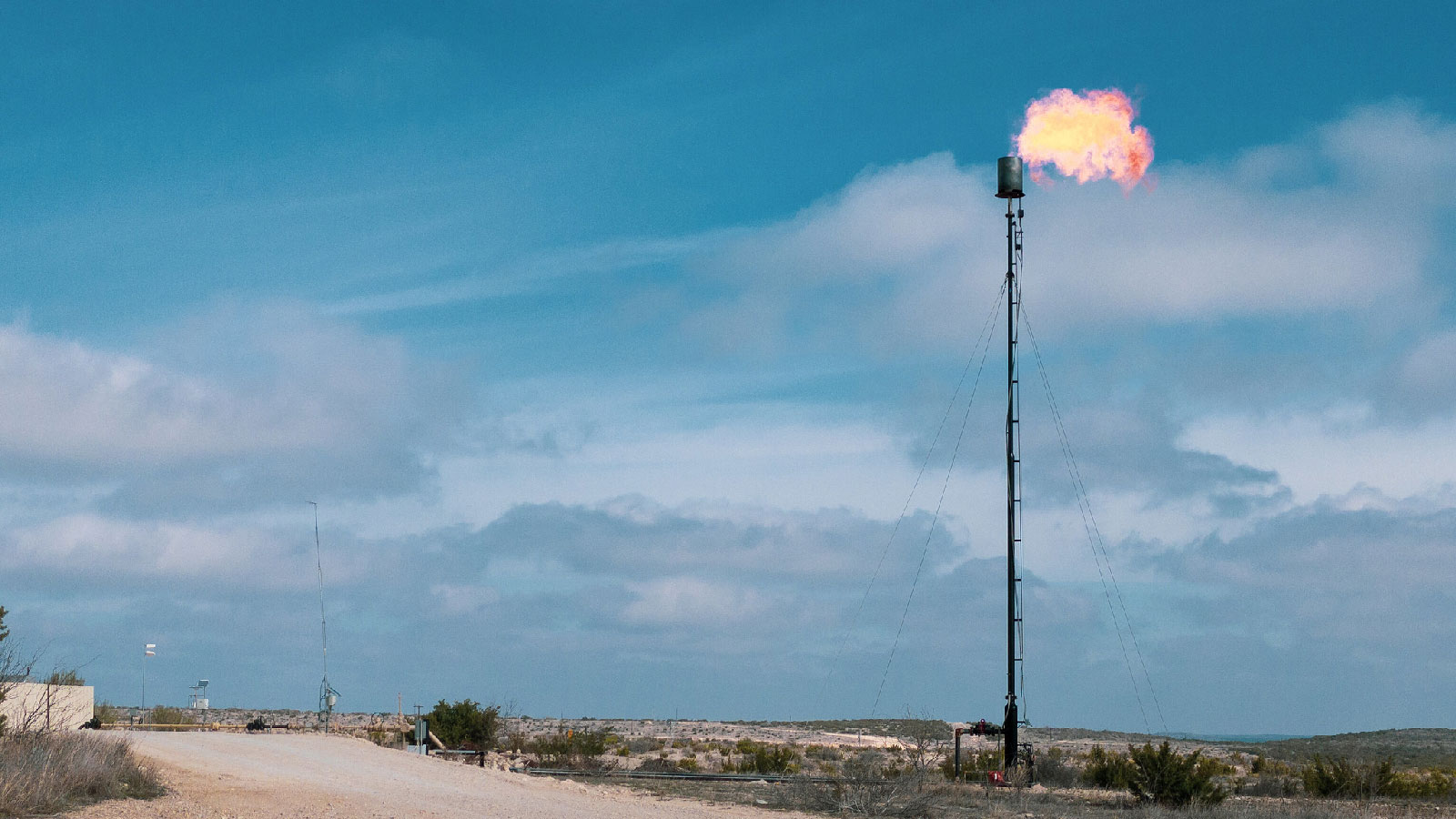That methane is a powerful greenhouse gas is not news for many readers of this site. But it is newly prominent, both as a significant contributor to recent warming (causing some 25% of it, even more in this century) and as a target for minimizing future warming.
The main ingredient in natural gas and more than eighty times stronger than carbon dioxide as a heat-trapper, methane stays in the atmosphere for only about a decade. This short life span makes it second fiddle to carbon dioxide as a leading concern. But it also means that significant cuts to methane emissions are by far our best early bet for slowing down changes to our climate while the world decarbonizes, and for keeping climate warming below 2 degrees Celsius.
Methane is a complex topic with many aspects. These pieces will bring you up to speed on some of the major ones.
What should we call it?
Methane is the main ingredient in natural gas, long portrayed as a useful “bridge” fuel but now increasingly recognized as a major climate concern in its own right. According to the Yale Program on Climate Change Communication*: the names methane and methane gas evoke more concern than does natural gas.
Why does it matter so much now?
The excellent and thorough answers in these articles and podcast will help make you feel well informed … and inform the overall discourse on methane.
What’s the picture on the ground?
These especially vivid stories will take you on an emotional ride—curiosity, optimism, frustration and anger, and inspiration.
What’s involved in getting the job done?
Both markets and politics are of course involved, and as conditions of both constantly change, the story will likely keep shifting. With COP26 in Scotland getting under way, it’s important that several big nations, including the US, have pledged methane action, but the mechanics aren’t so simple.
- Global methane pledge offers hope on climate in lead up to Glasgow, Phil McKenna, Inside Climate News, or U.S., Europe plan joint push to cut methane – and convince other nations to follow suit, Brady Dennis, Michael Birnbaum and Steven Mufson, Washington Post.
- How Sen. Joe Manchin’s support for natural gas could derail Biden’s US climate plan, an interview with Princeton University scientist Michael Oppenheimer, The Conversation.
- A scary energy winter is coming. Don’t blame the Greens. Thomas Friedman, New York Times.
Finally, if you want to dig further, here are readable reports from two key organizations, the Methane Tracker 2021 from the International Energy Agency; and the Global Methane Assessment from the United Nations Environment Programme, summary for decision makers and full report.
This series is curated and written by retired Colorado State University English professor and close climate change watcher SueEllen Campbell of Colorado. To flag works you think warrant attention, send an e-mail to her any time. Let us hear from you.


